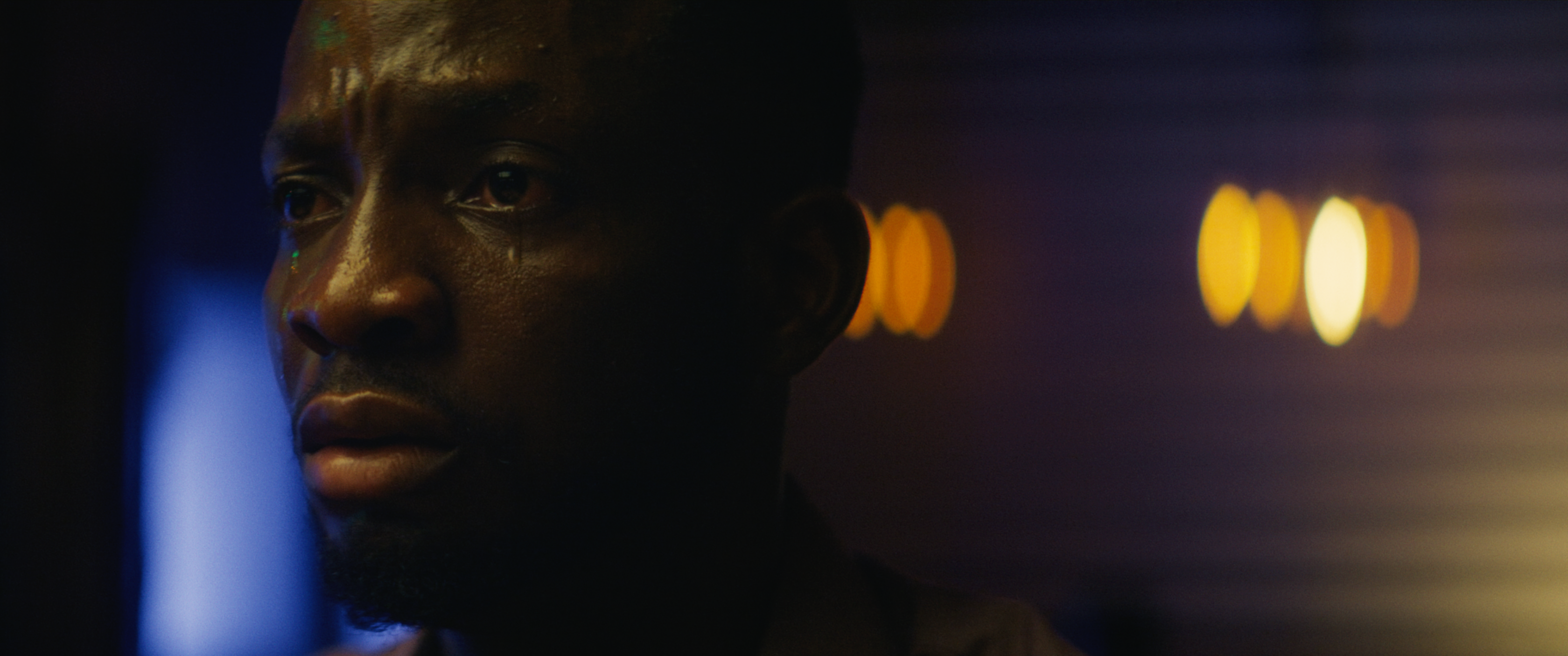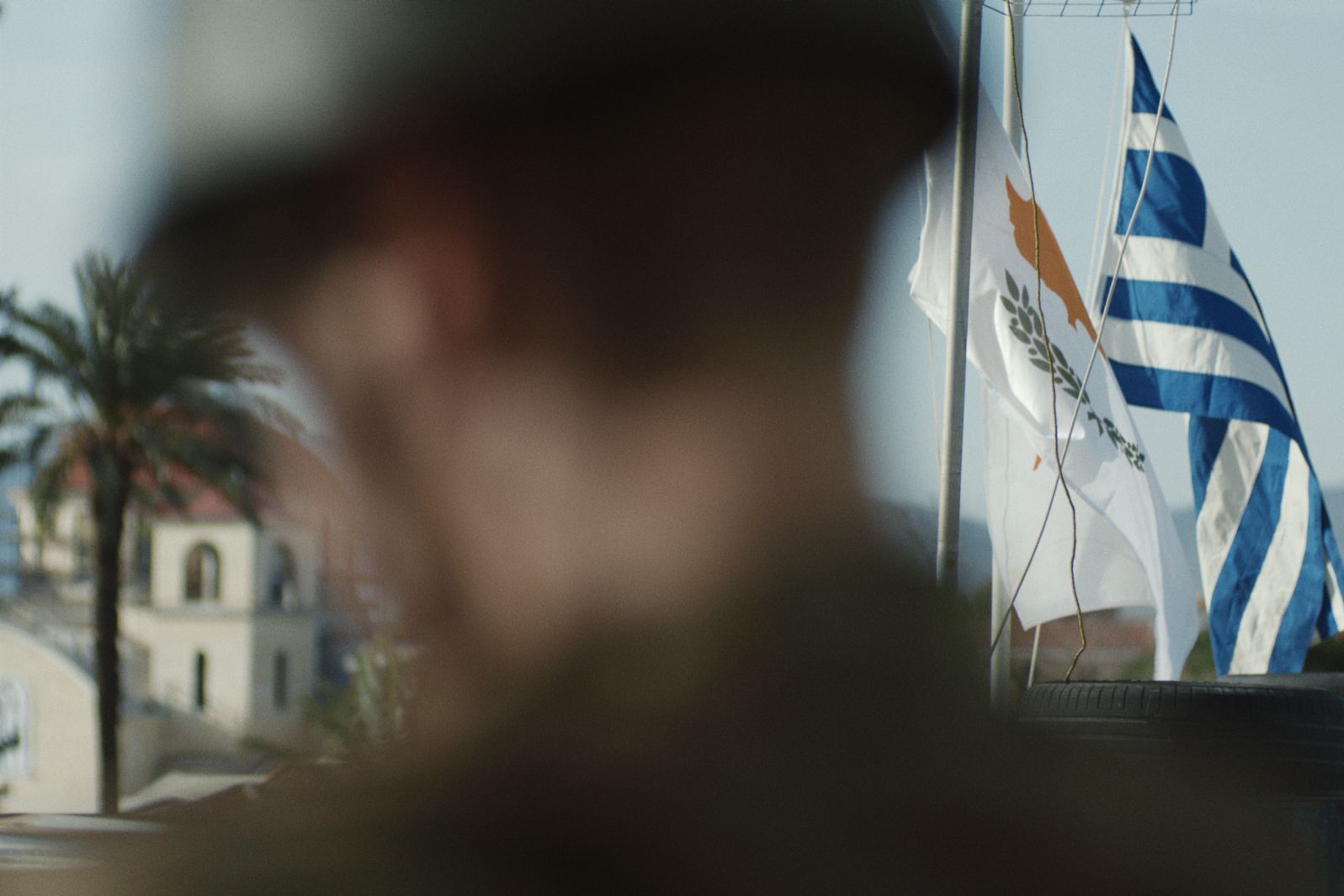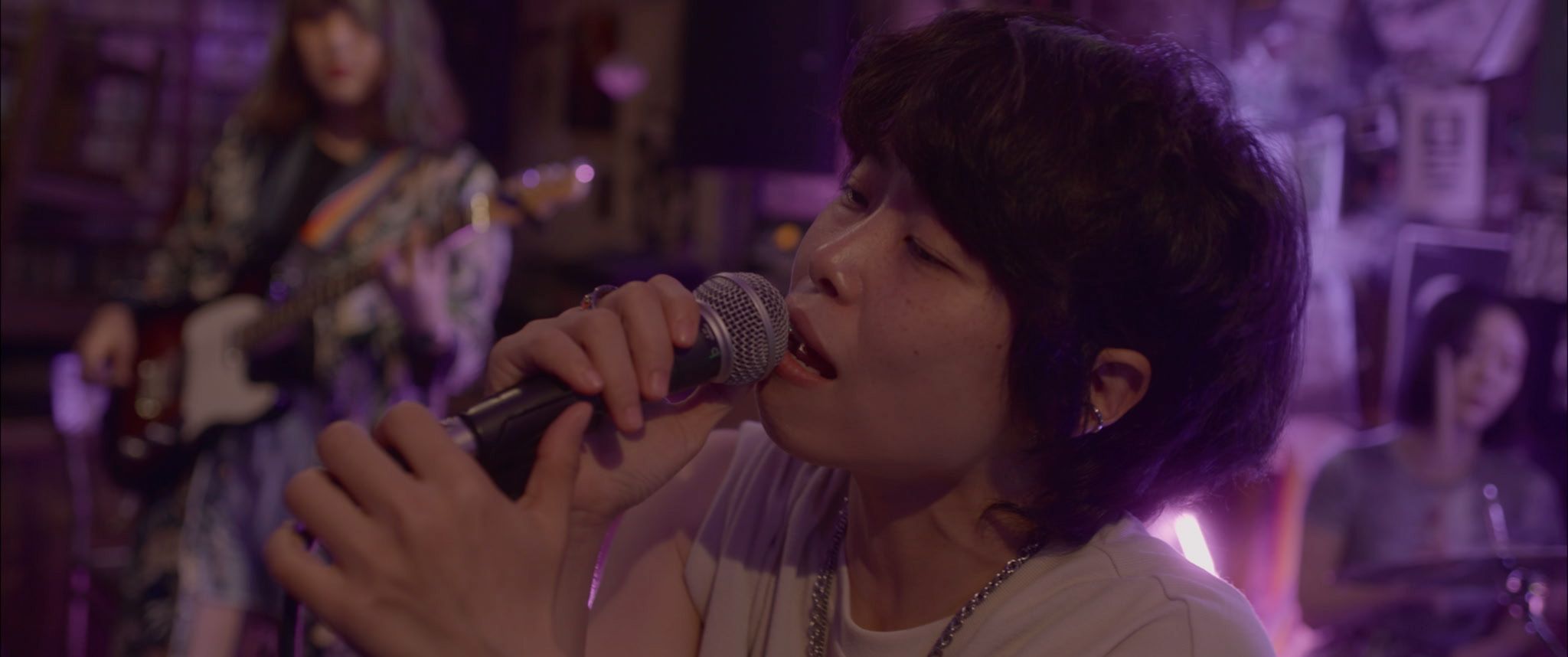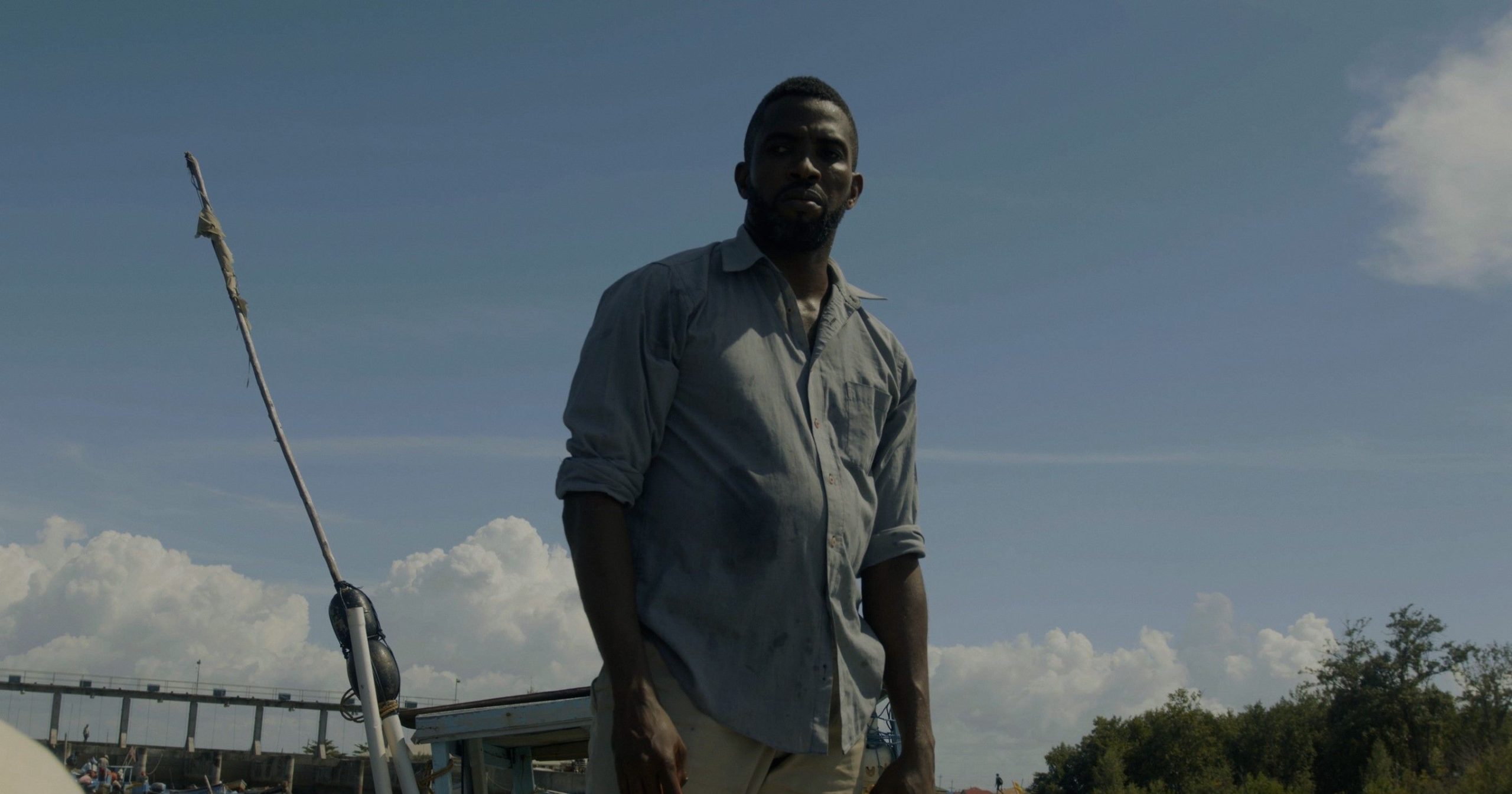Five Films for Freedom promotes rarely heard LGBTQIA+ stories from around the world, and makes them accessible to a global audience, particularly for people living in cultures where they cannot live or love as they would like to. People can support this campaign through the hashtag #FiveFilmsForFreedom to drive home the message that love is a human right, no matter how we identify or where we are.
Briony Hanson, British Council Director of Film
The British Council and BFI Flare: London LGBTQIA+ Film Festival have once again launched the highly anticipated Five Films for Freedom. This year marks the 9th edition of the festival, which premiered in Johannesburg on the 15th of March at the Bioscope cinema. The festival showcases five short films from Cyprus, Guyana, Nigeria, Northern Ireland, and South Korea that can be watched for free across the world from 15-26 March.
Five Films for Freedom is a unique platform that brings together diverse voices from around the world to celebrate and promote LGBTQIA+ stories. The festival provides an opportunity for filmmakers to share their stories with a global audience, creating a space for dialogue and understanding of LGBTQIA+ issues.
This year’s selection is extremely powerful and thought-provoking, exploring a range of issues affecting LGBTQIA+ communities who, although leading different lives, share desires, struggles and spirit beyond borders. From the struggles faced by LGBTQIA+ individuals in Nigeria, to the experiences of a young child in Northern Ireland, each film offers a unique perspective on the challenges faced by queer people in different parts of the world.

One of the films in this year’s line-up is “All I Know”, directed by Nigerian-born and USA-based filmmaker Obinna Robert Onyeri. The film follows two friends who meet for dinner. Afterwards, one friend meets a stranger for a hook-up while the other goes home. We see a man’s search for his friend that puts him at risk of revealing life-altering secrets. The film explores the tensions between communal safety, law enforcement and the underlying effects of an anti-LGBTQIA+ culture.
Another standout film is “Buffer Zone”, directed by Cyprus-born UK-based director Savvas Stavrou. The film tells the story of two young soldiers across enemy lines who fall in love and find reprieve from their oppressive environments through music.
One of the 3 films that concludes Five Films for Freedom is “Butch Up!”. Directed by Yu-jin Lee from South Korea, the film is about a lead singer of an independent band who cannot get herself to sing the band’s most popular song, Oppa’s Girl. Eating Papaw on the Seashore is directed by Rae Wiltshire and Nickose Layne from Guyana. It is a coming-of-age film about two queer Guyanese boys Asim and Hasani who are navigating their feelings in a homophobic society.
Last but not least “Just Johnny” is a film about a conventional family life that takes a sudden turn when the son, Johnny, announces that he wants to wear a dress for his Holy Communion. The film is directed by UK- based Terry Loane who is born and bred in Northern Ireland.


The launch of Five Films for Freedom is particularly timely, given the ongoing challenges faced by LGBTQIA+ communities. From the anti-LGBTQIA+ legislation in countries like Hungary, Poland and Uganda to the recent surge in violence against trans people in the United States, the need for global solidarity and support for LGBTQIA+ rights is urgent.
By showcasing diverse and powerful LGBTQIA+ stories from around the world, Five Films for Freedom is a crucial step towards promoting greater understanding and acceptance of LGBTQIA+ communities worldwide. As audiences around the world tune in to watch these films, they are invited to join the global conversation on LGBTQIA+ rights and work towards creating a more inclusive and just world for all.
Five Films for Freedom is not only a celebration of LGBTQIA+ stories but also a call to action. It highlights the ongoing struggles faced by LGBTQIA+ individuals around the world, including discrimination, violence and persecution. Viewers are invited to engage with these issues and consider ways in which they can help create a better environment.
The 2023 edition runs from 15-26 March.
Watch Here: Five Films for Freedom




















































